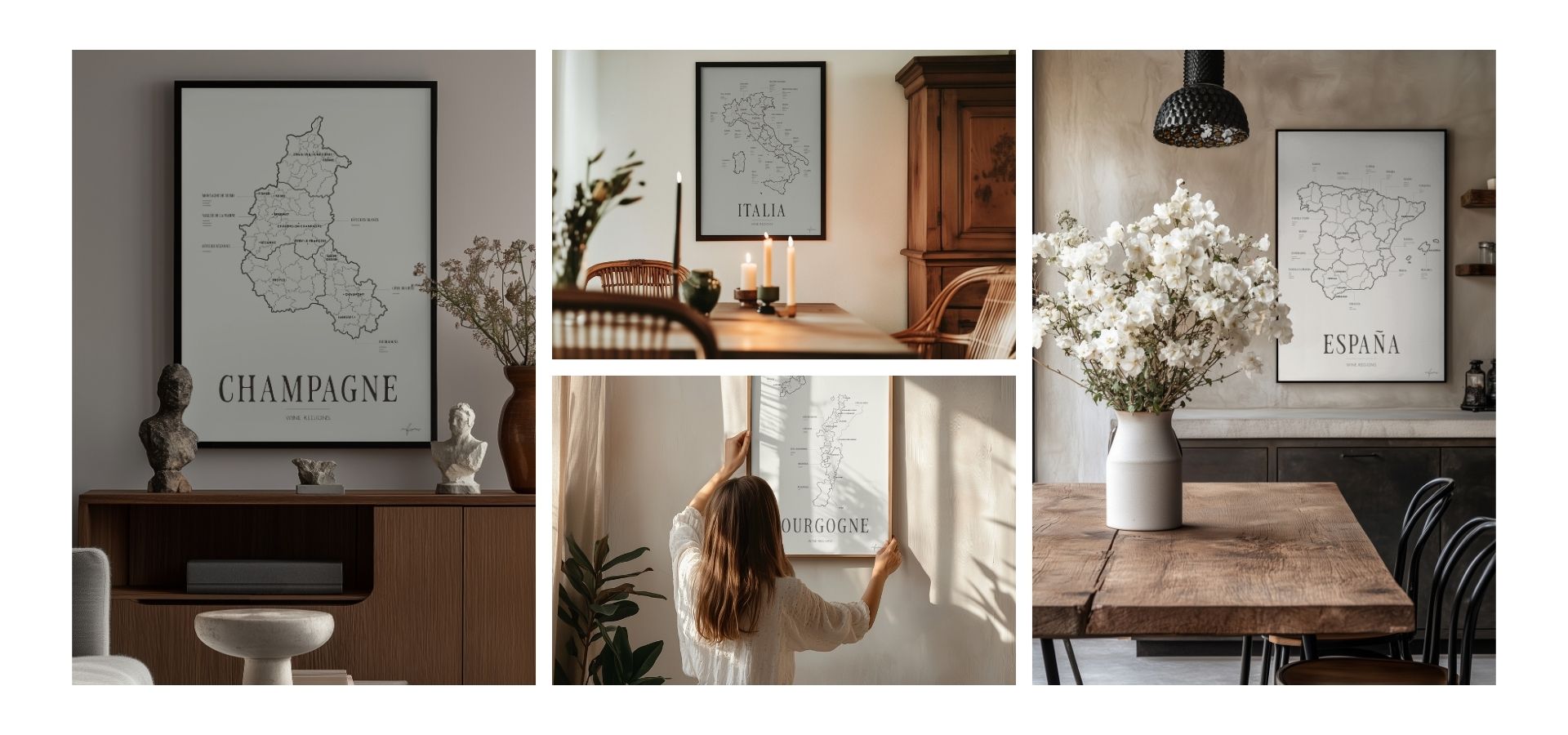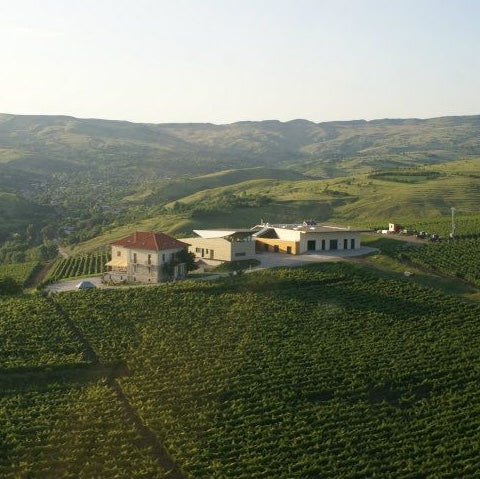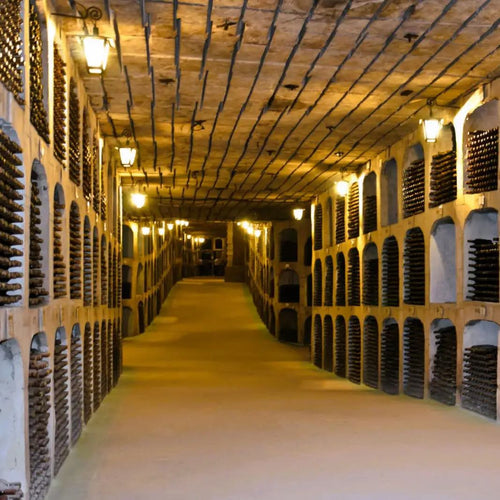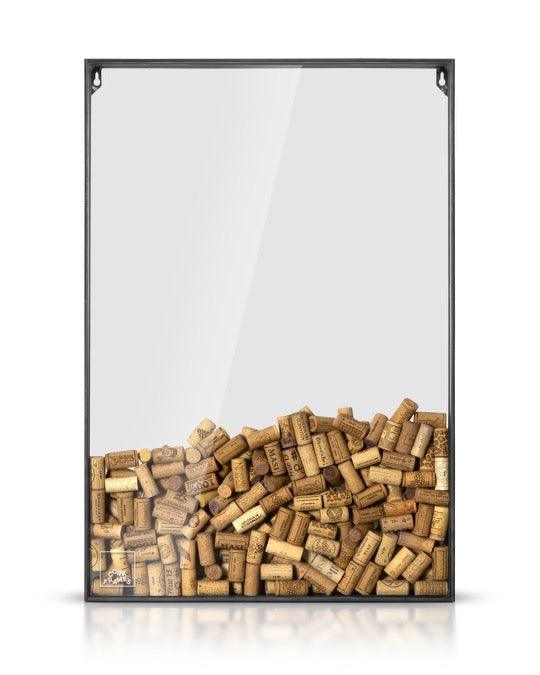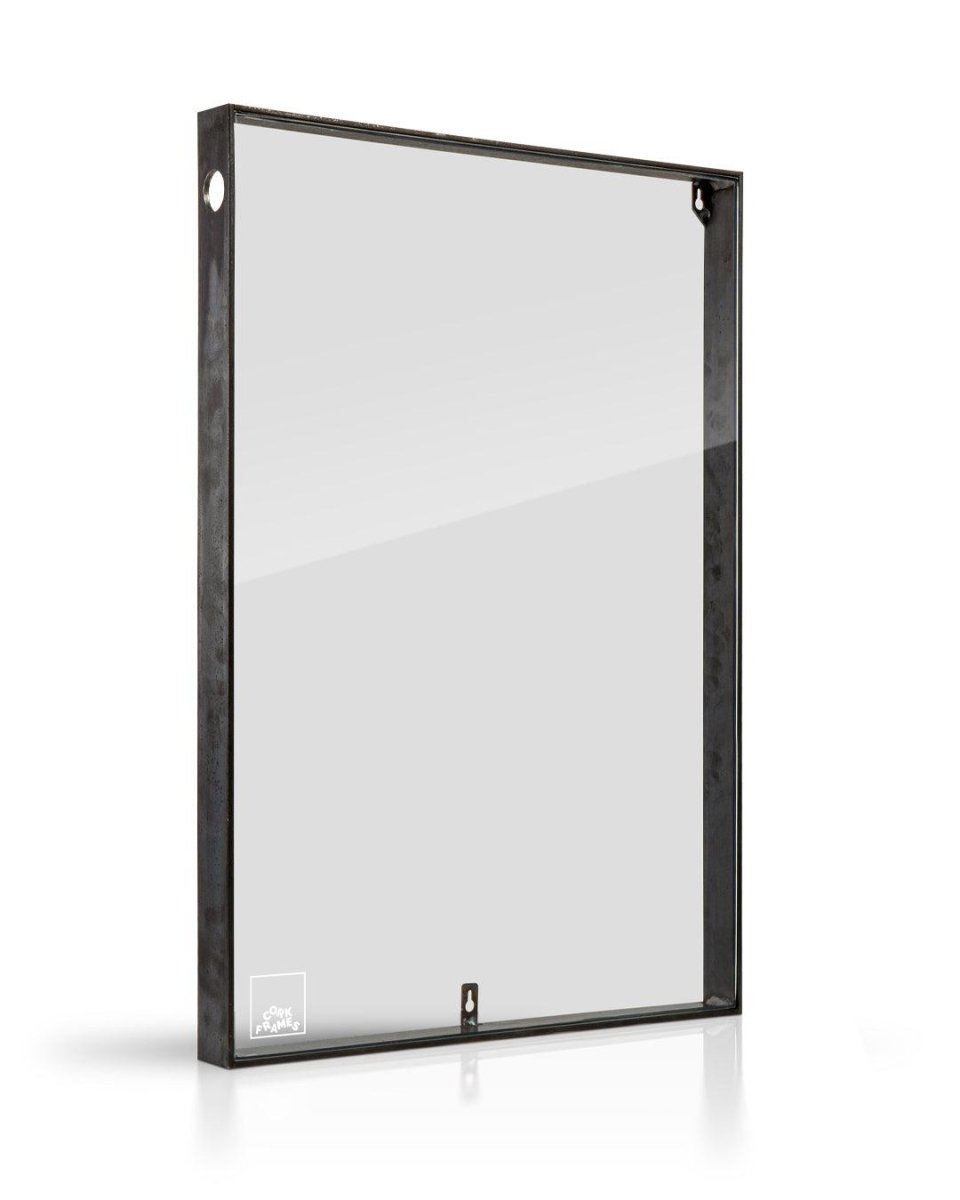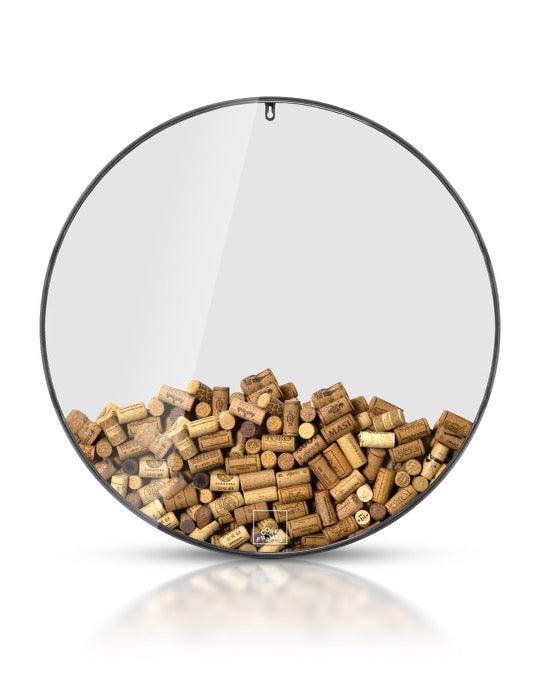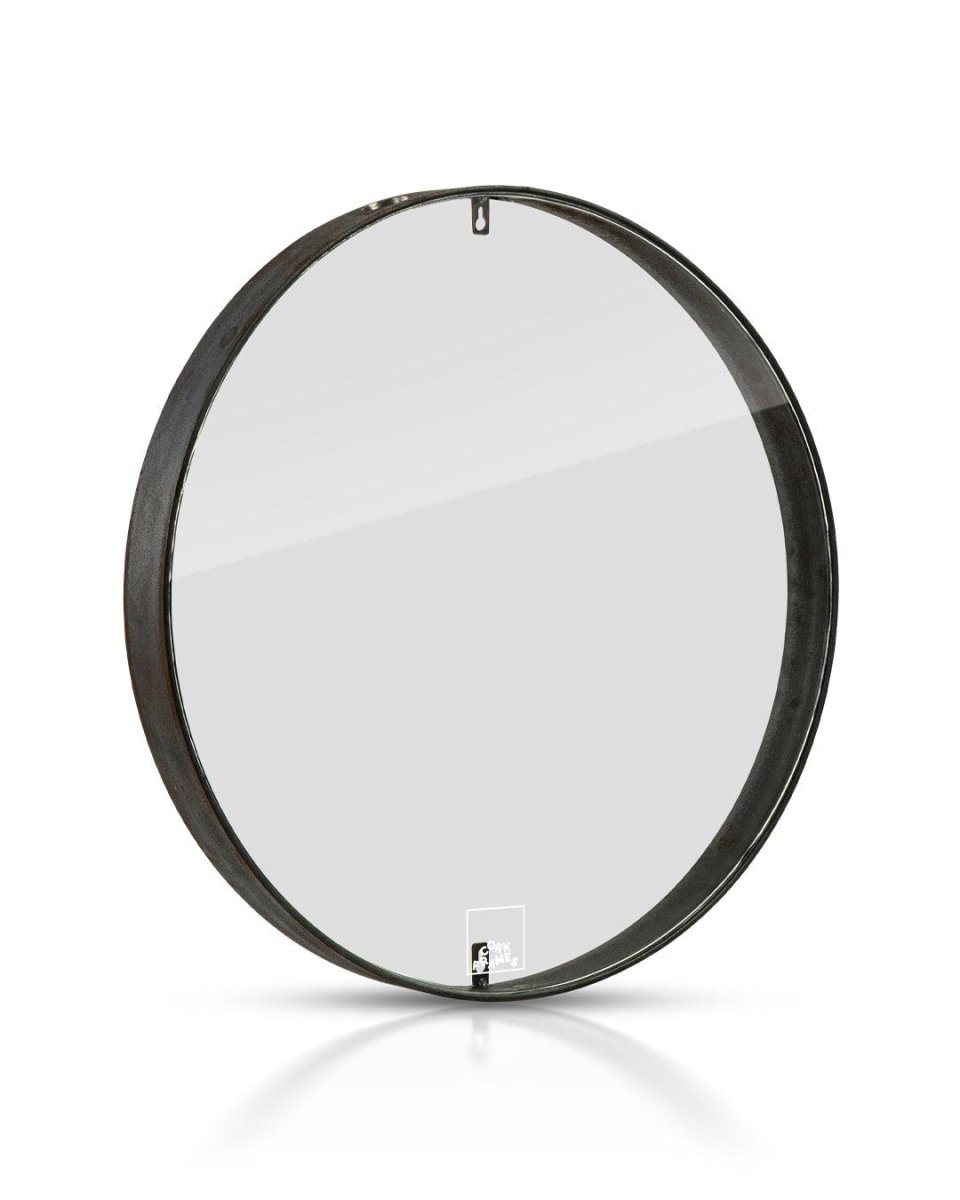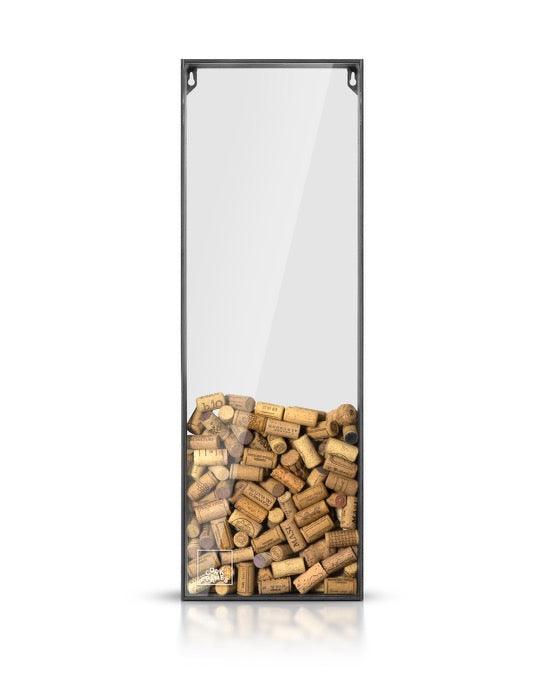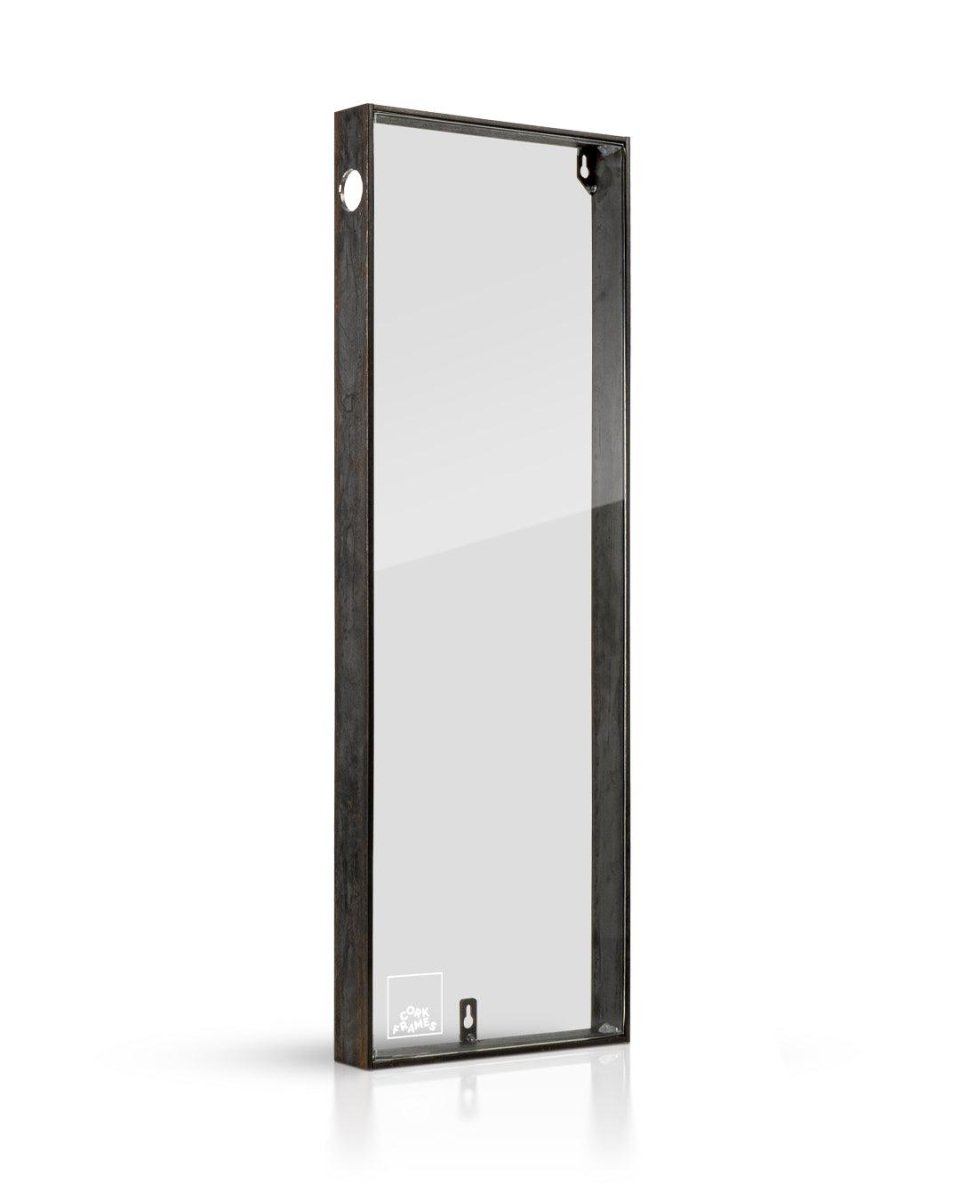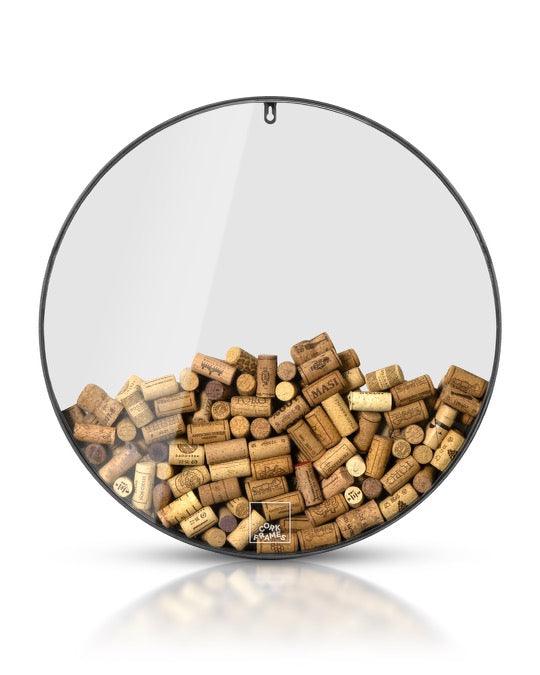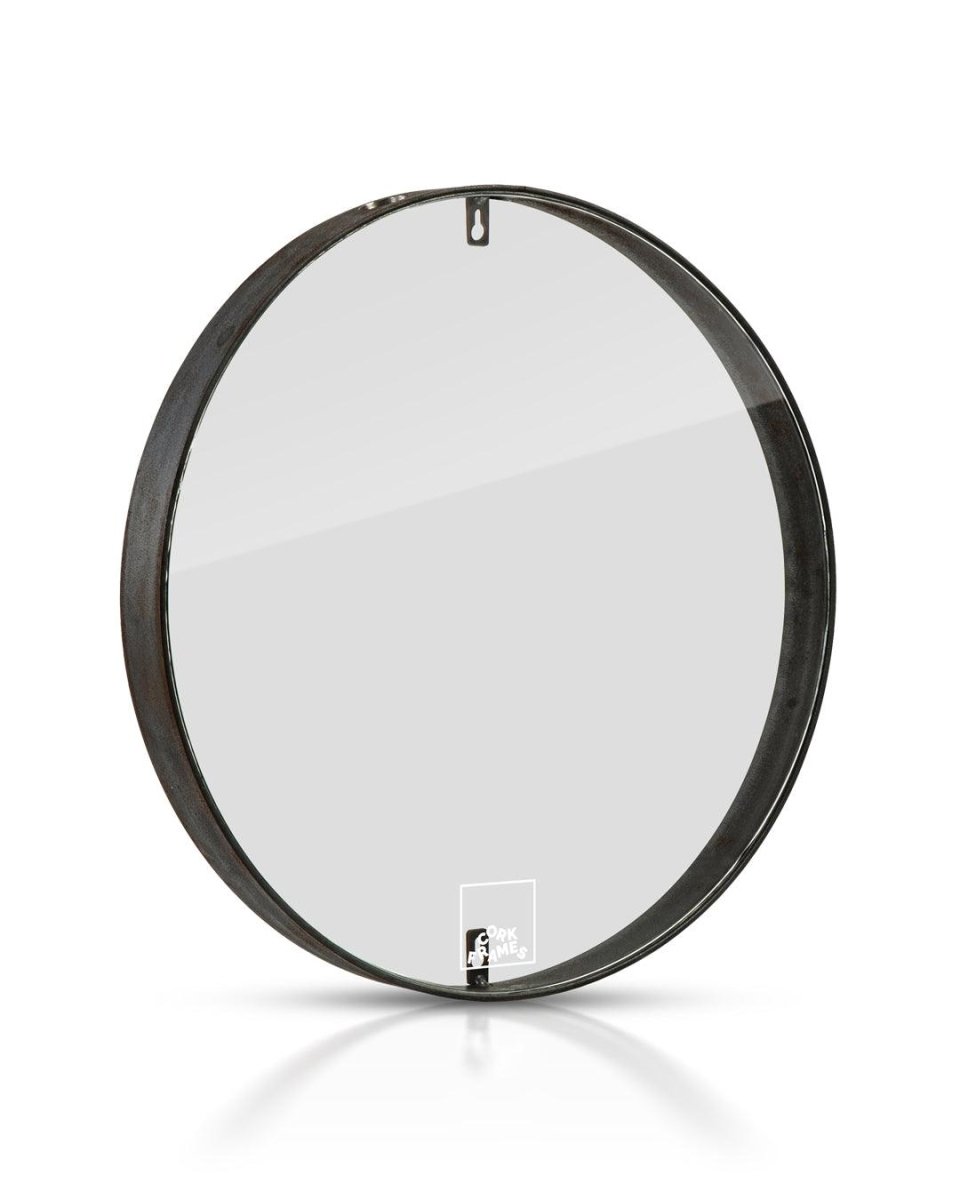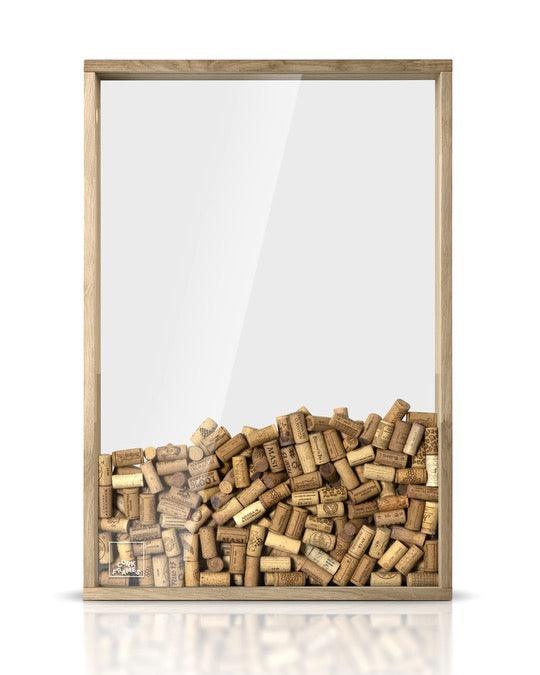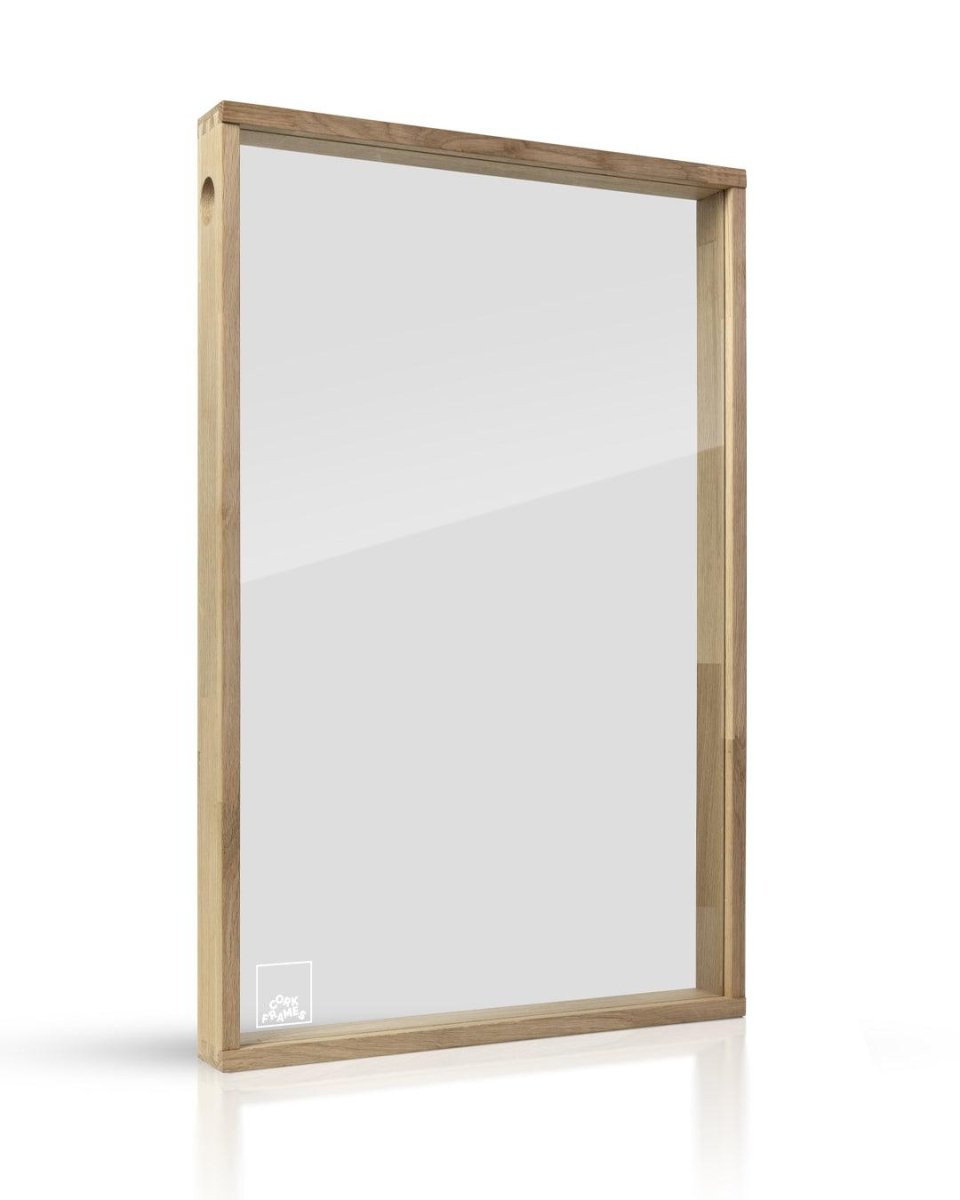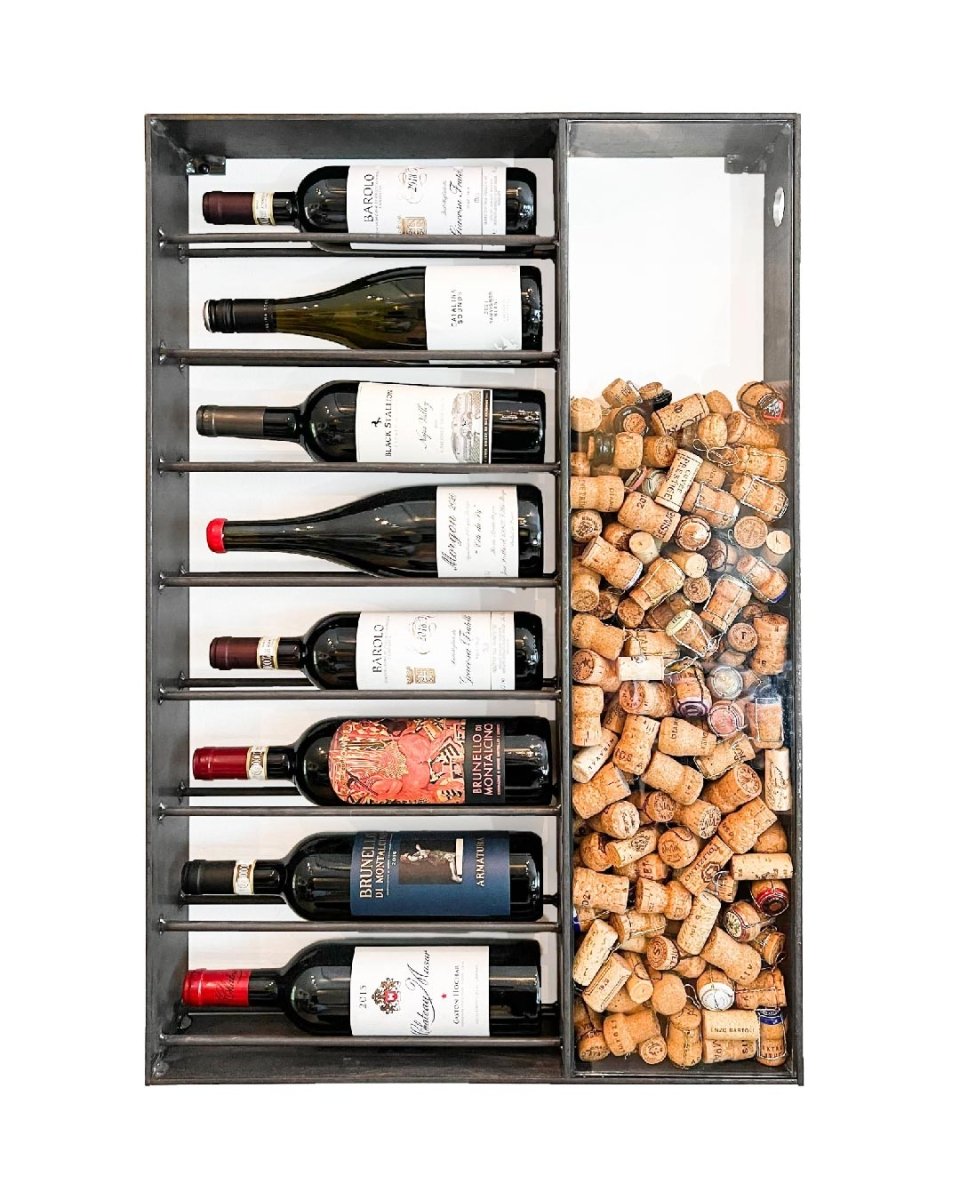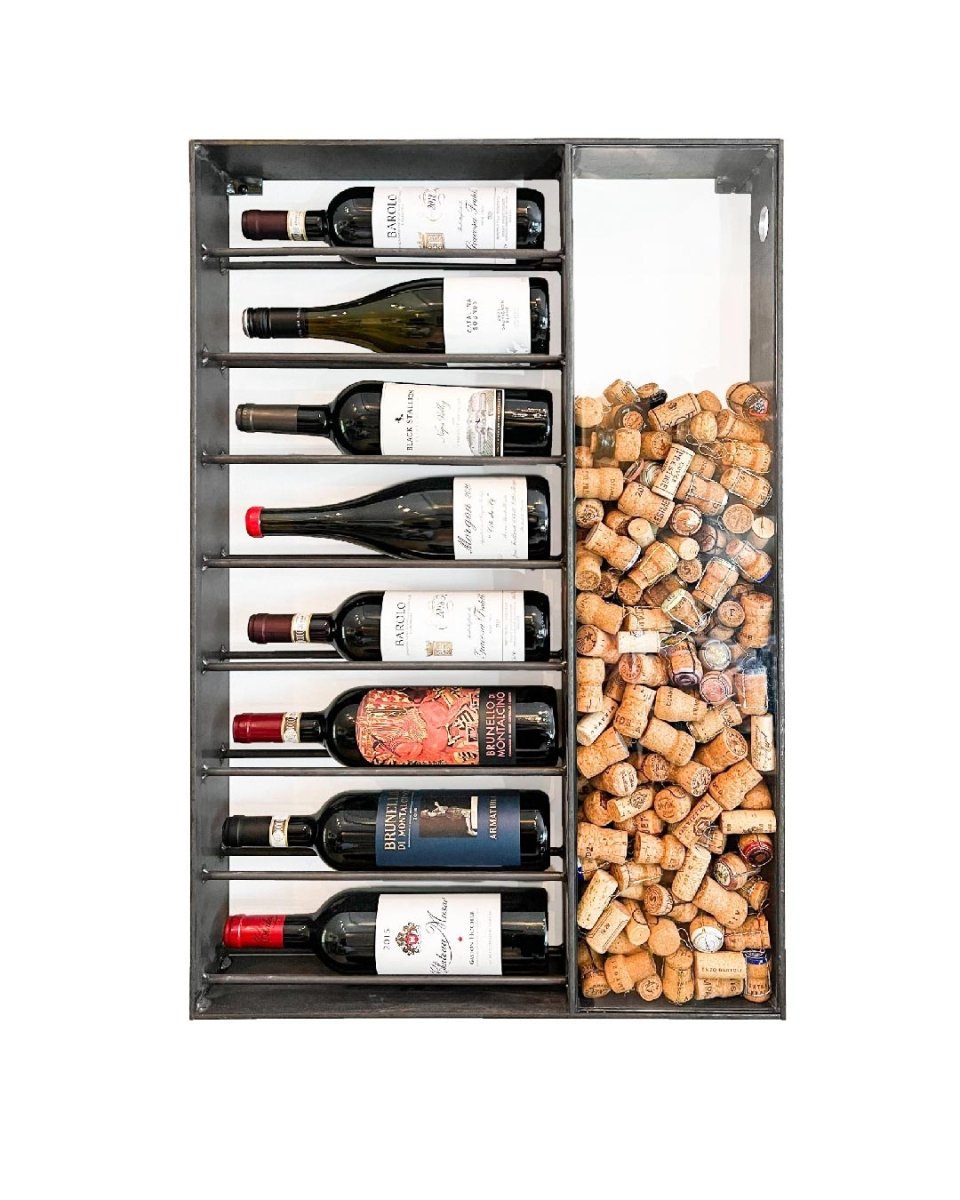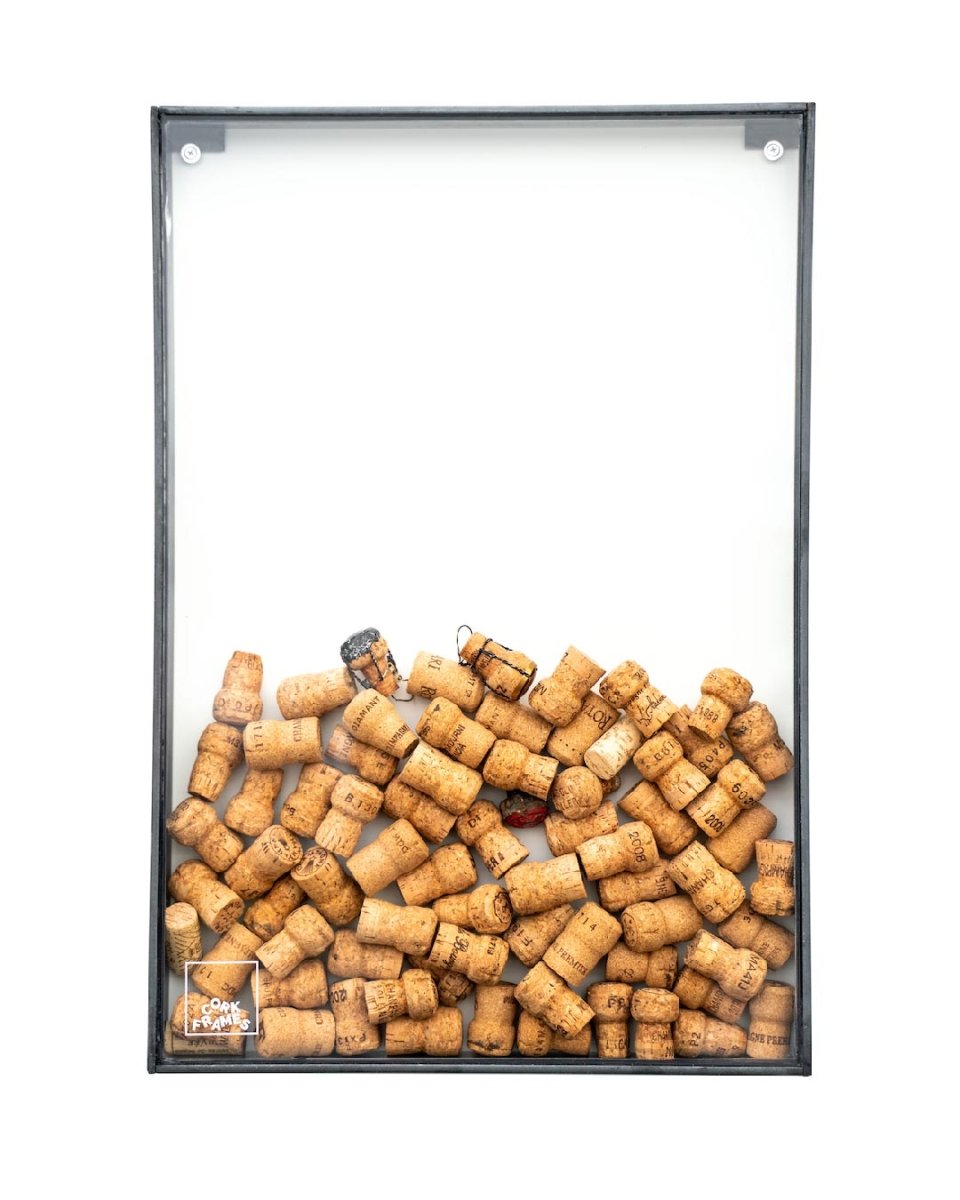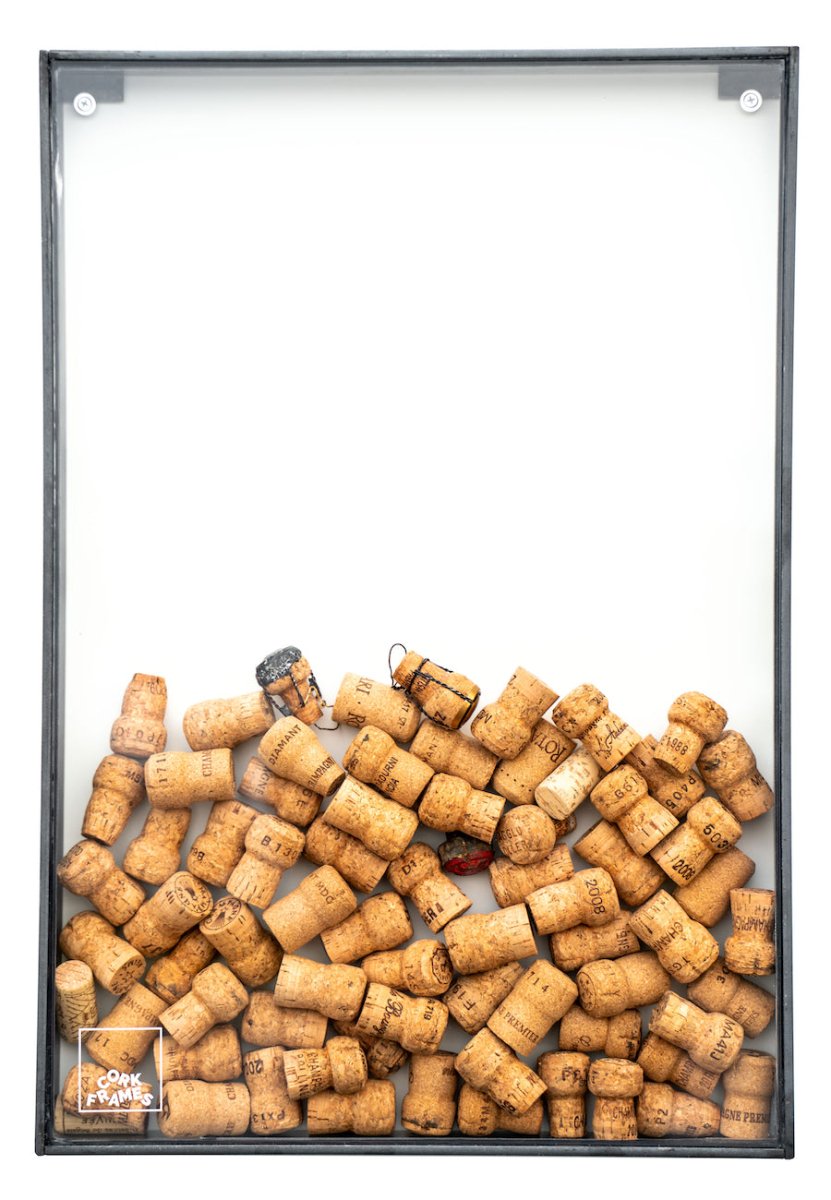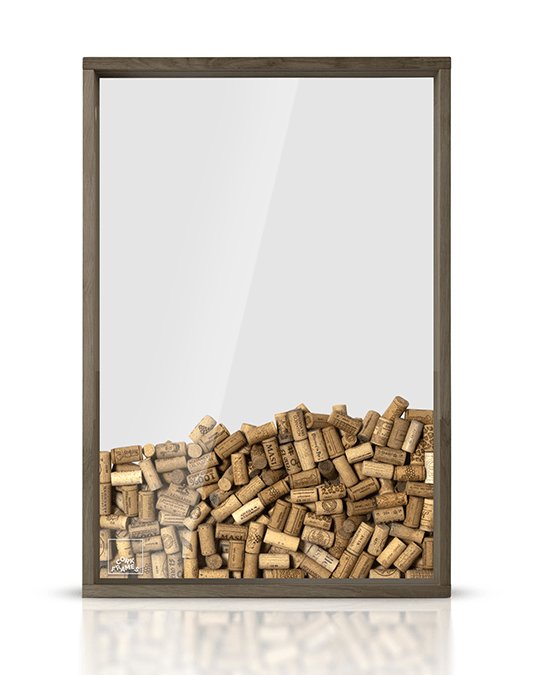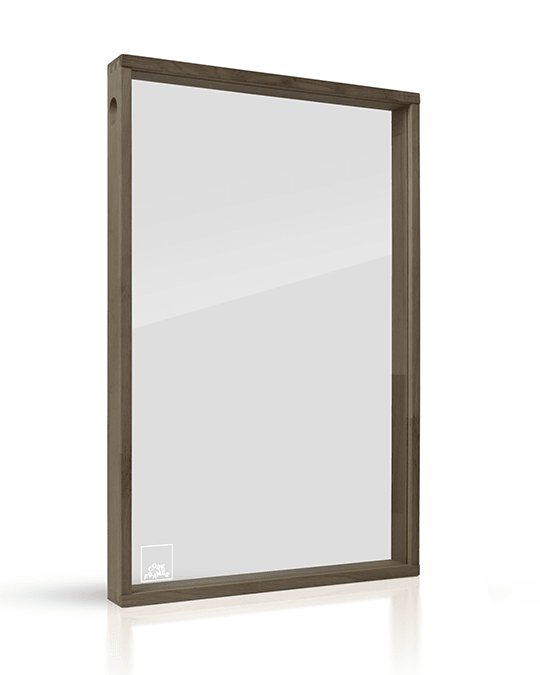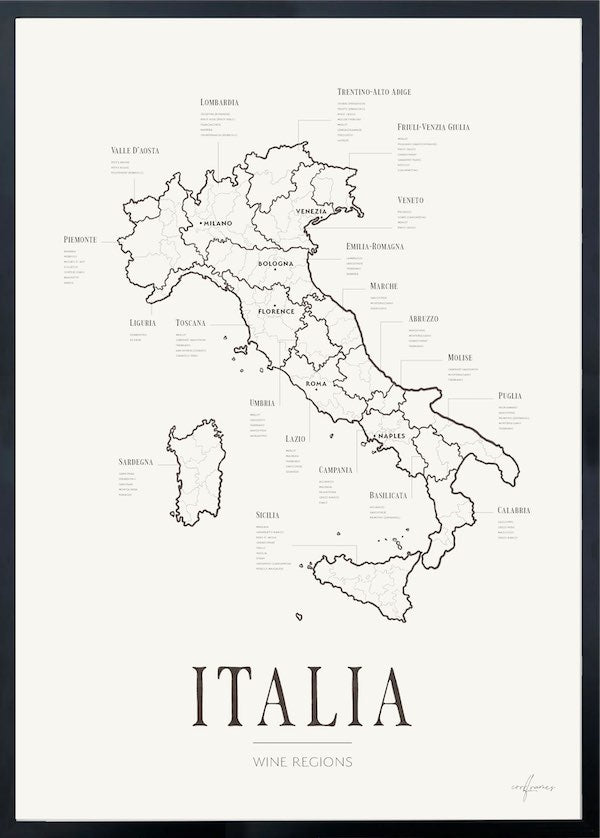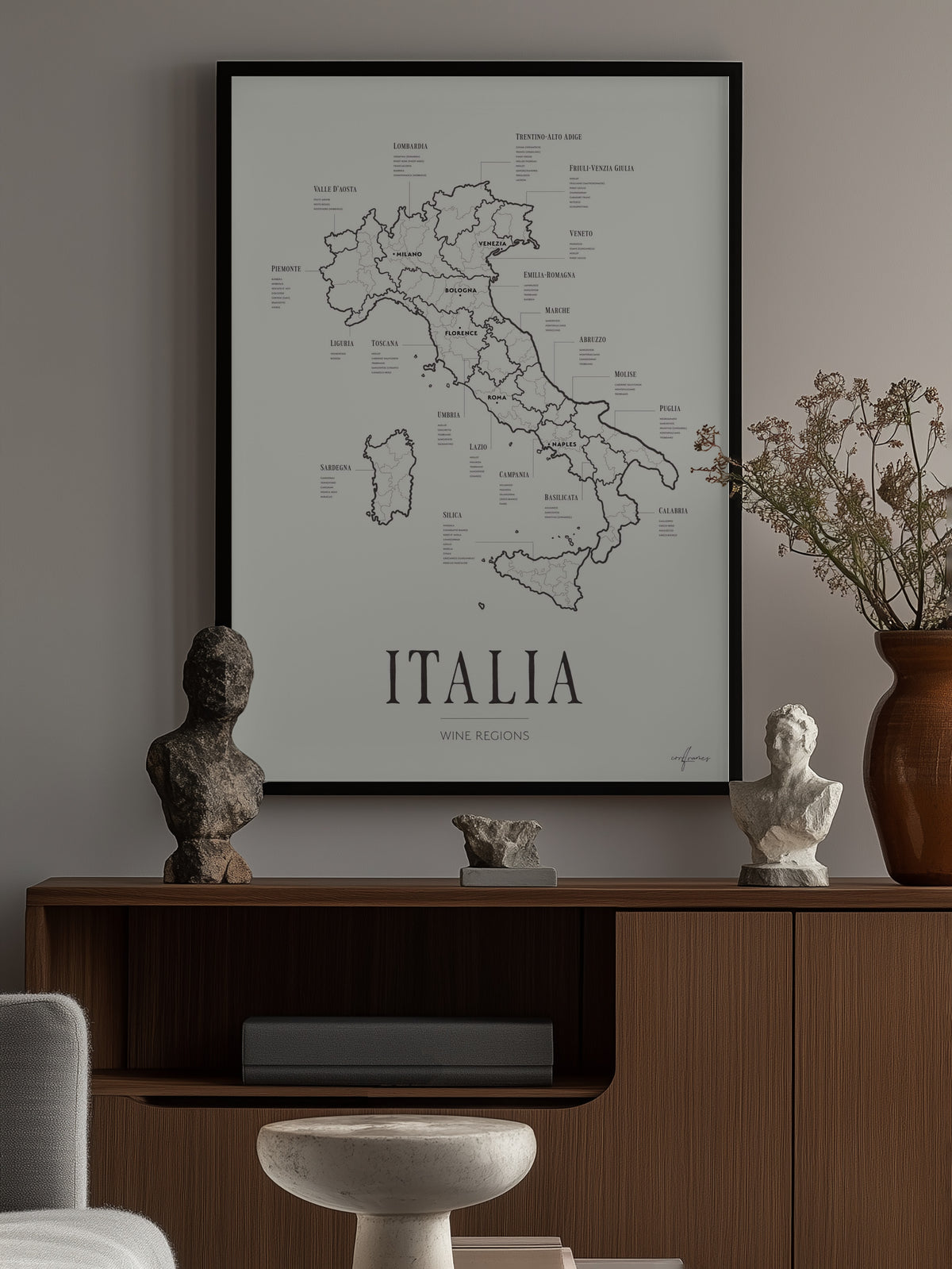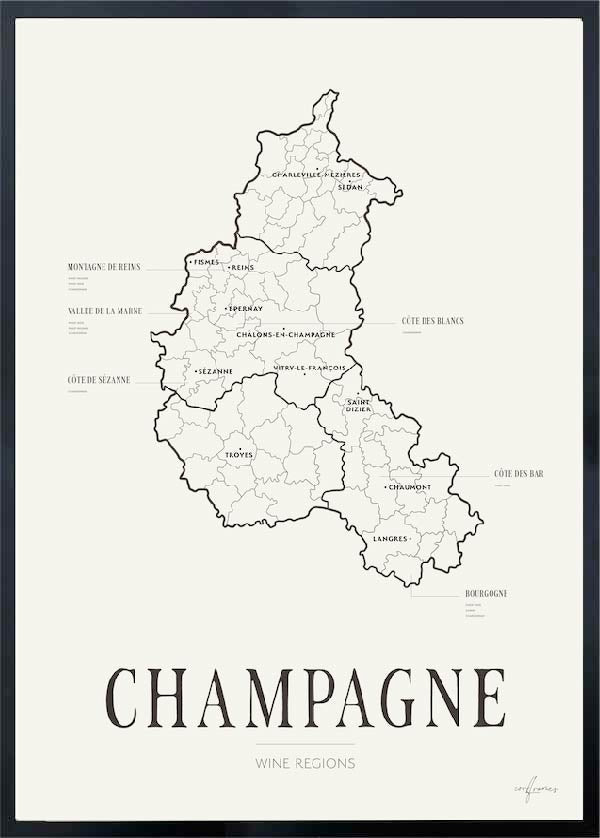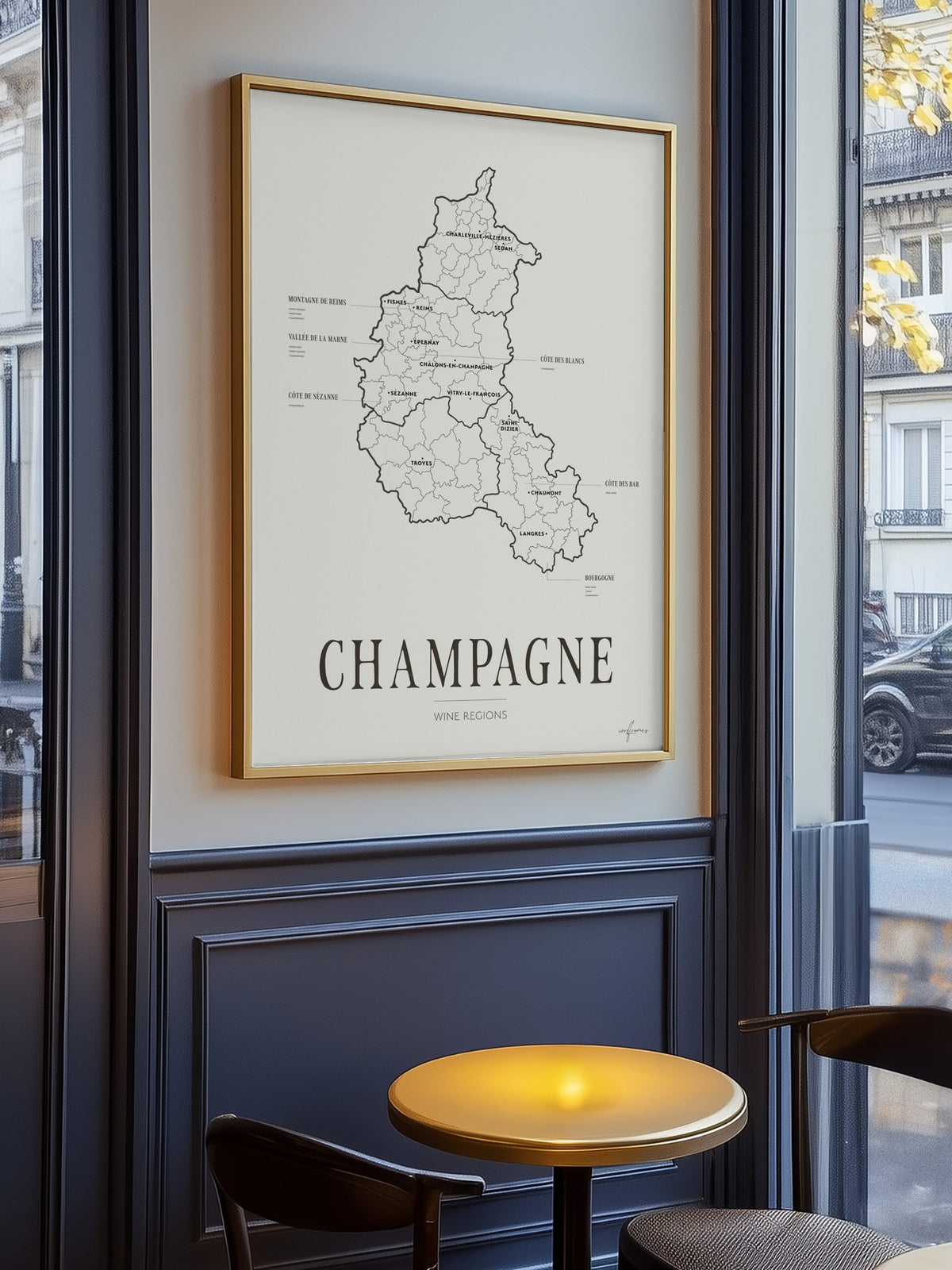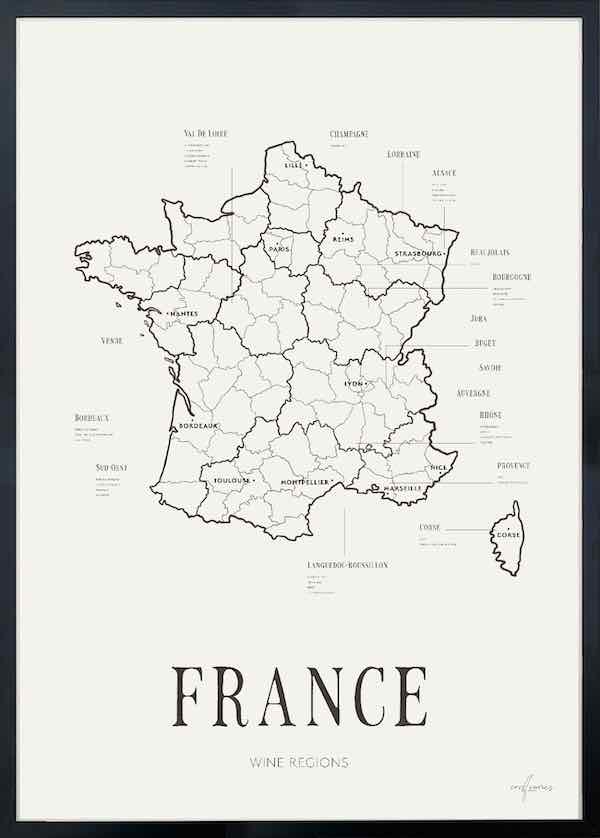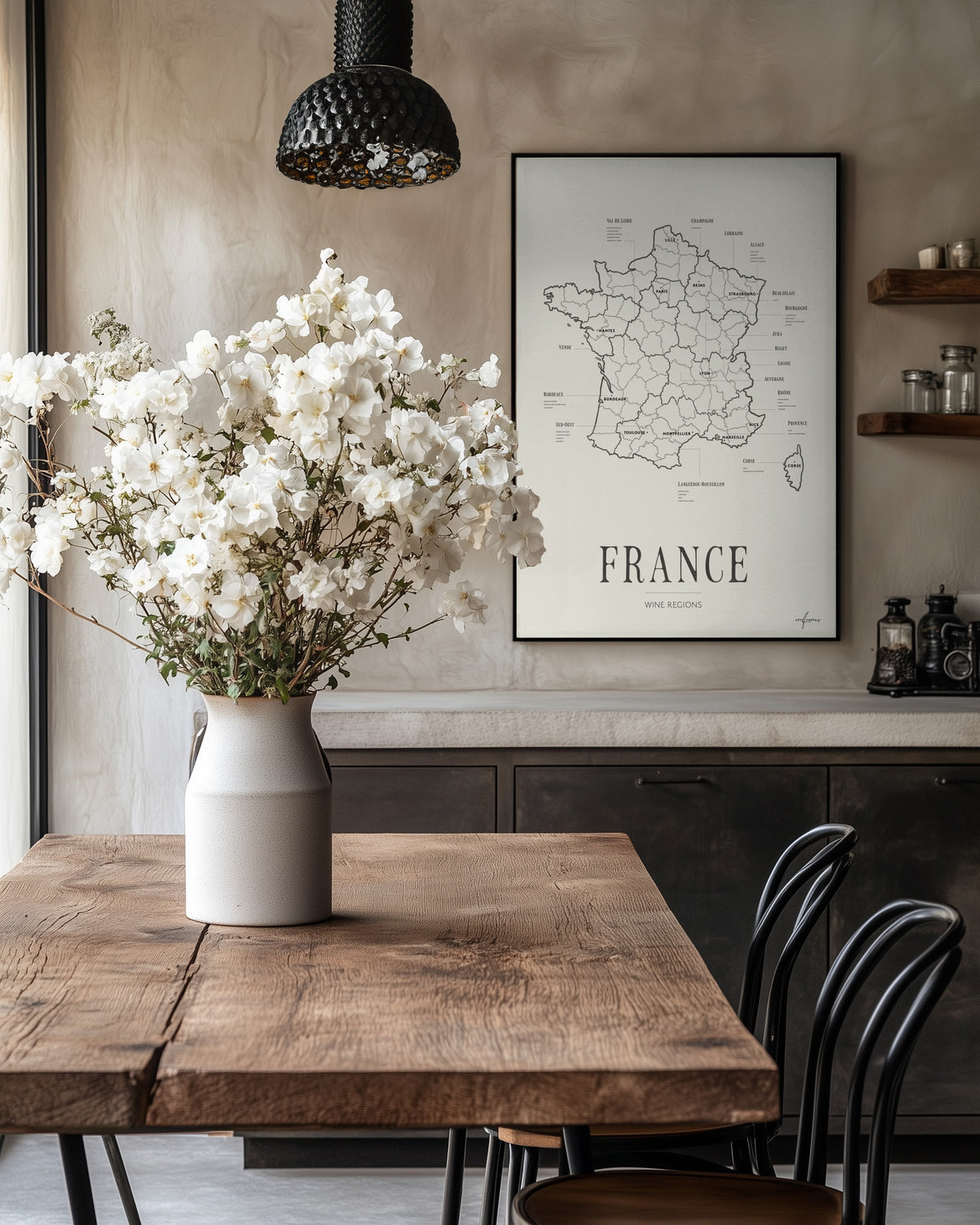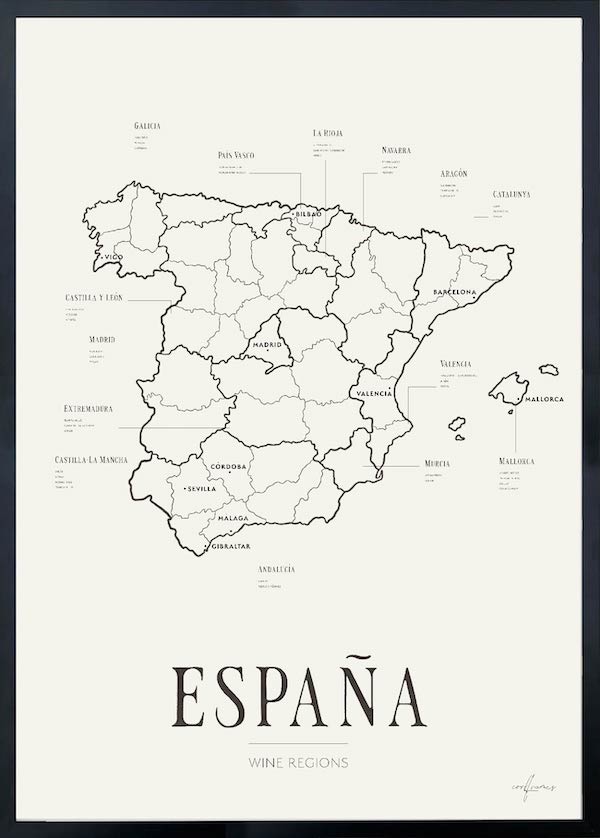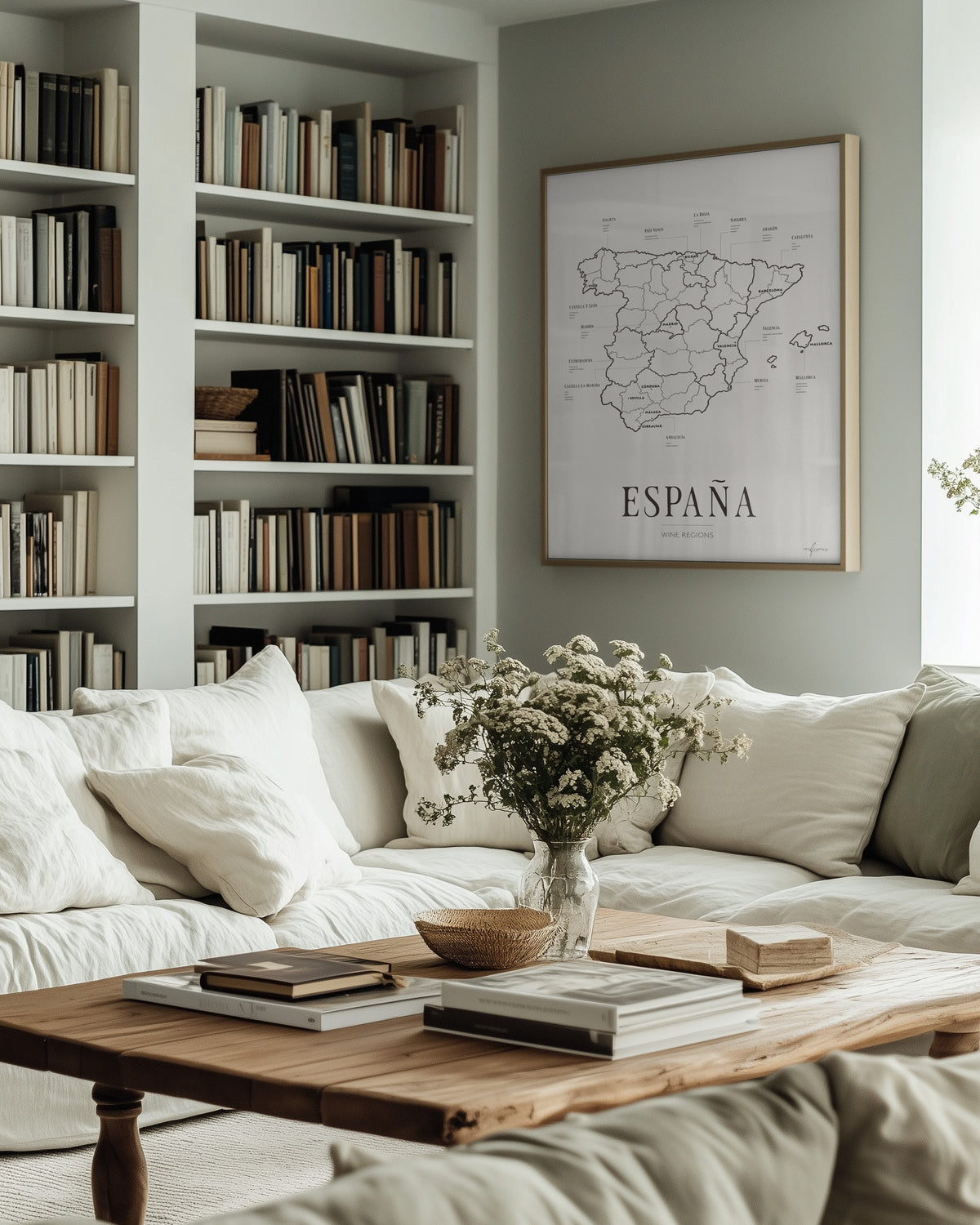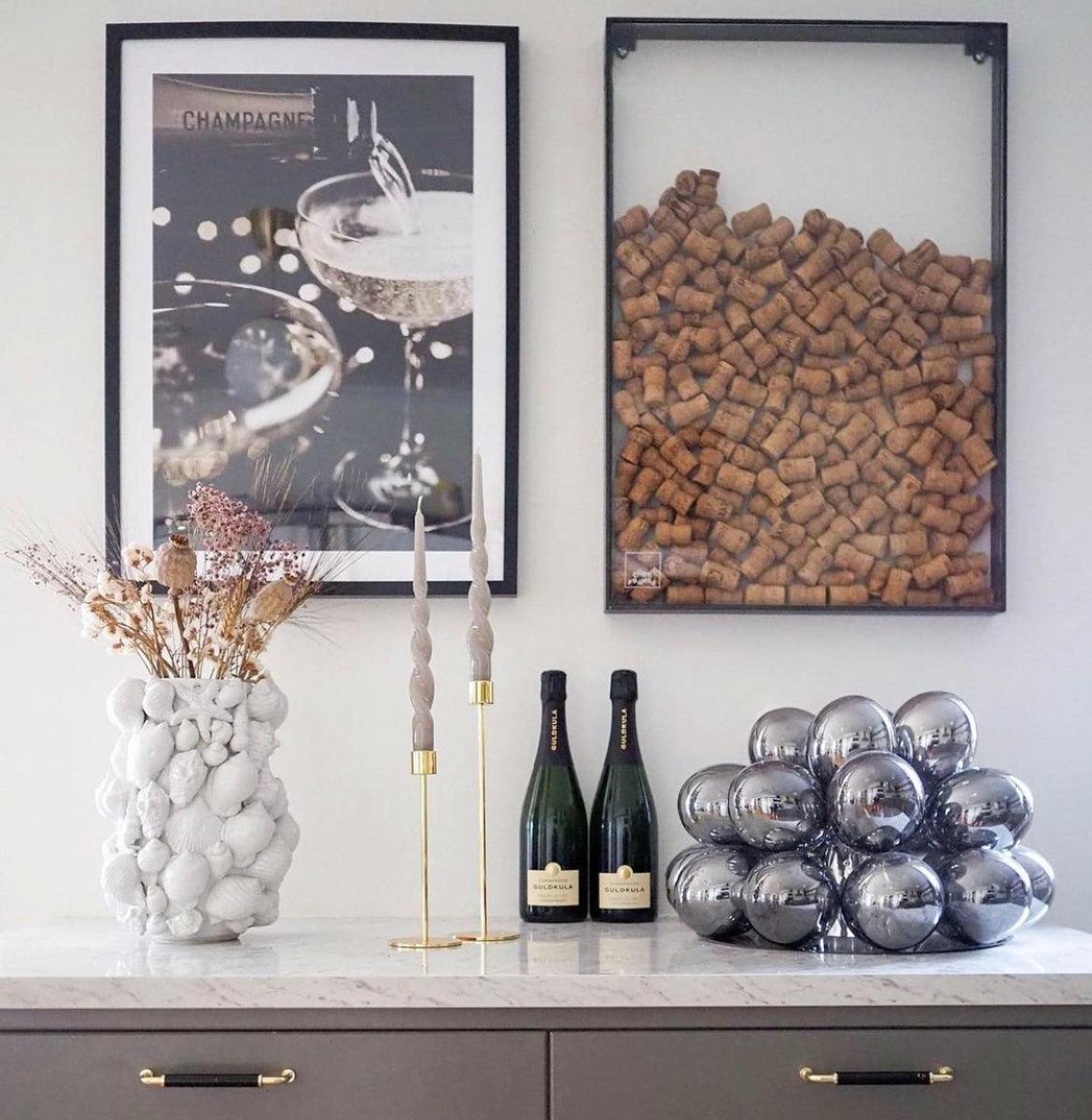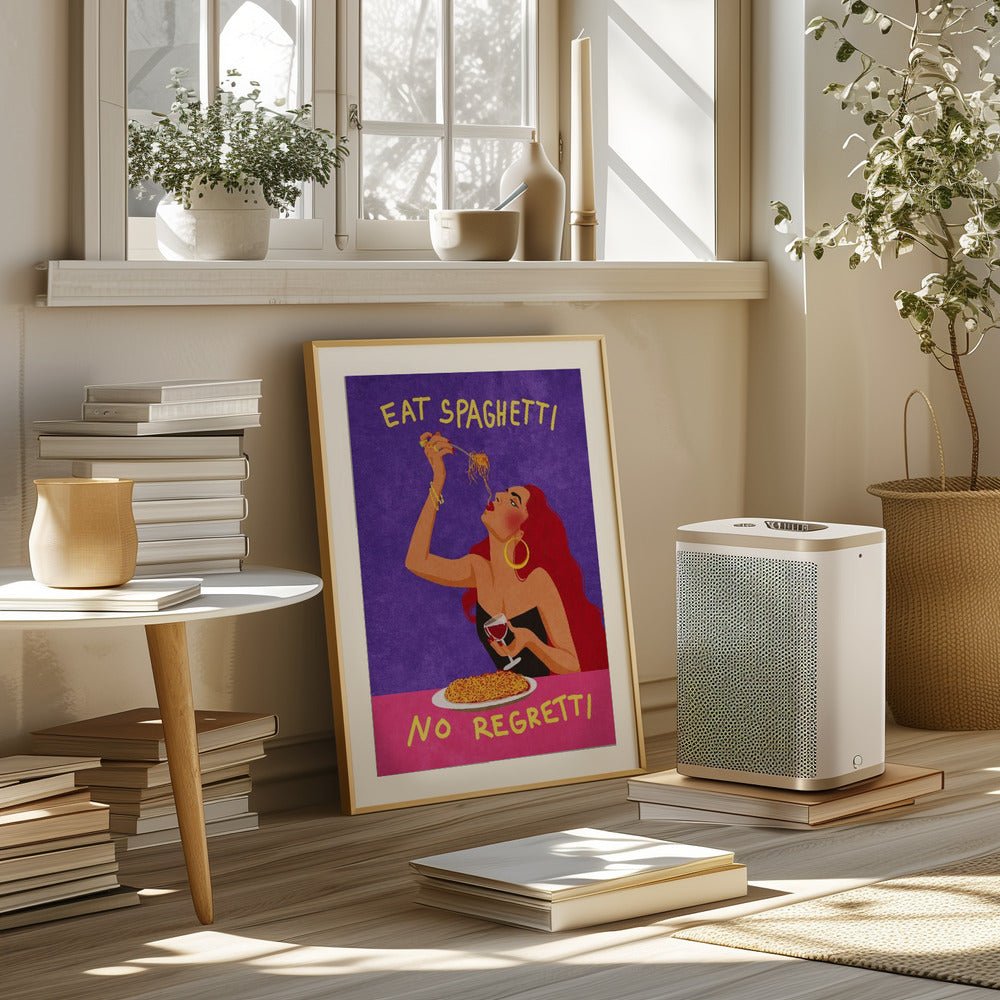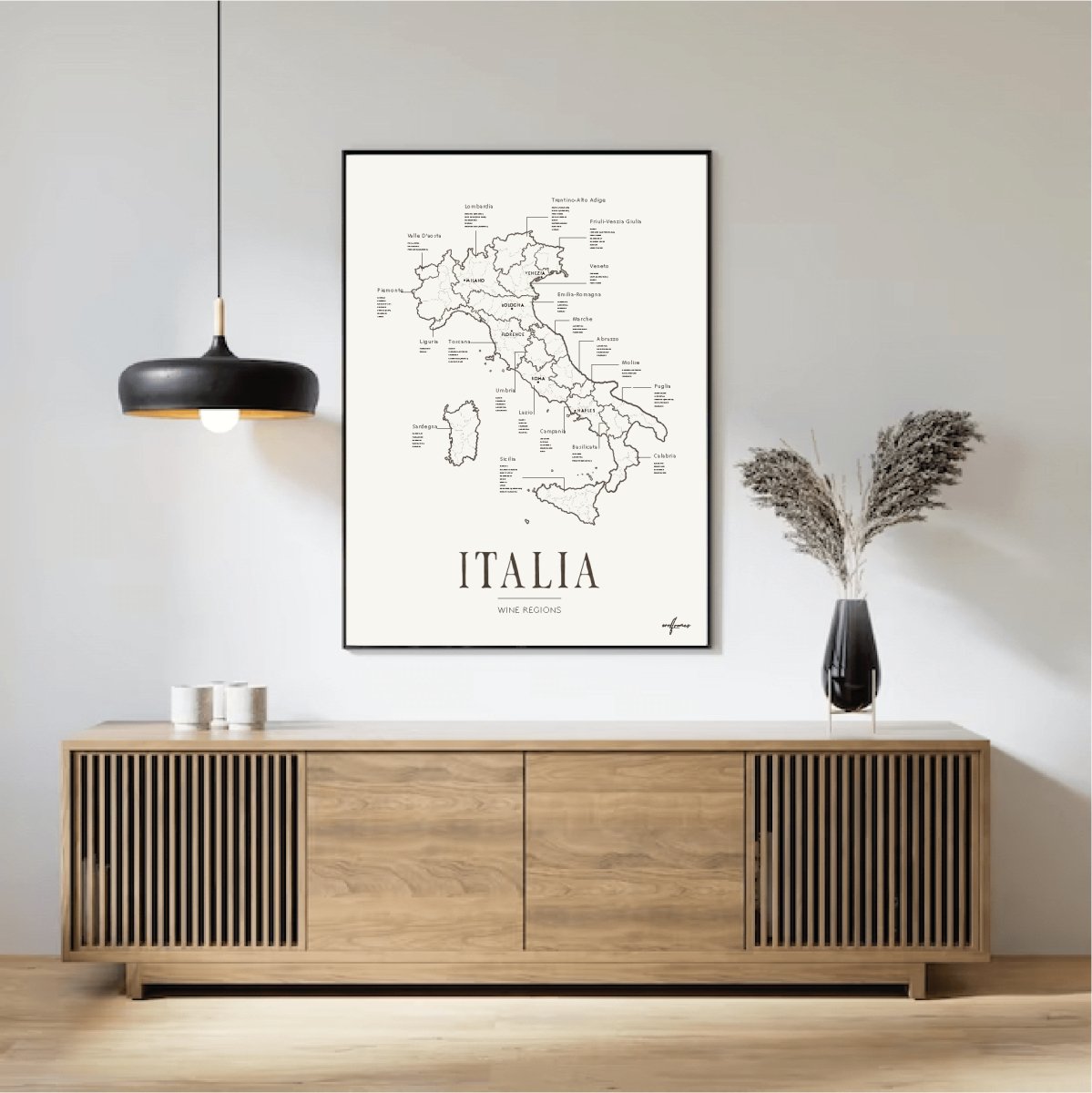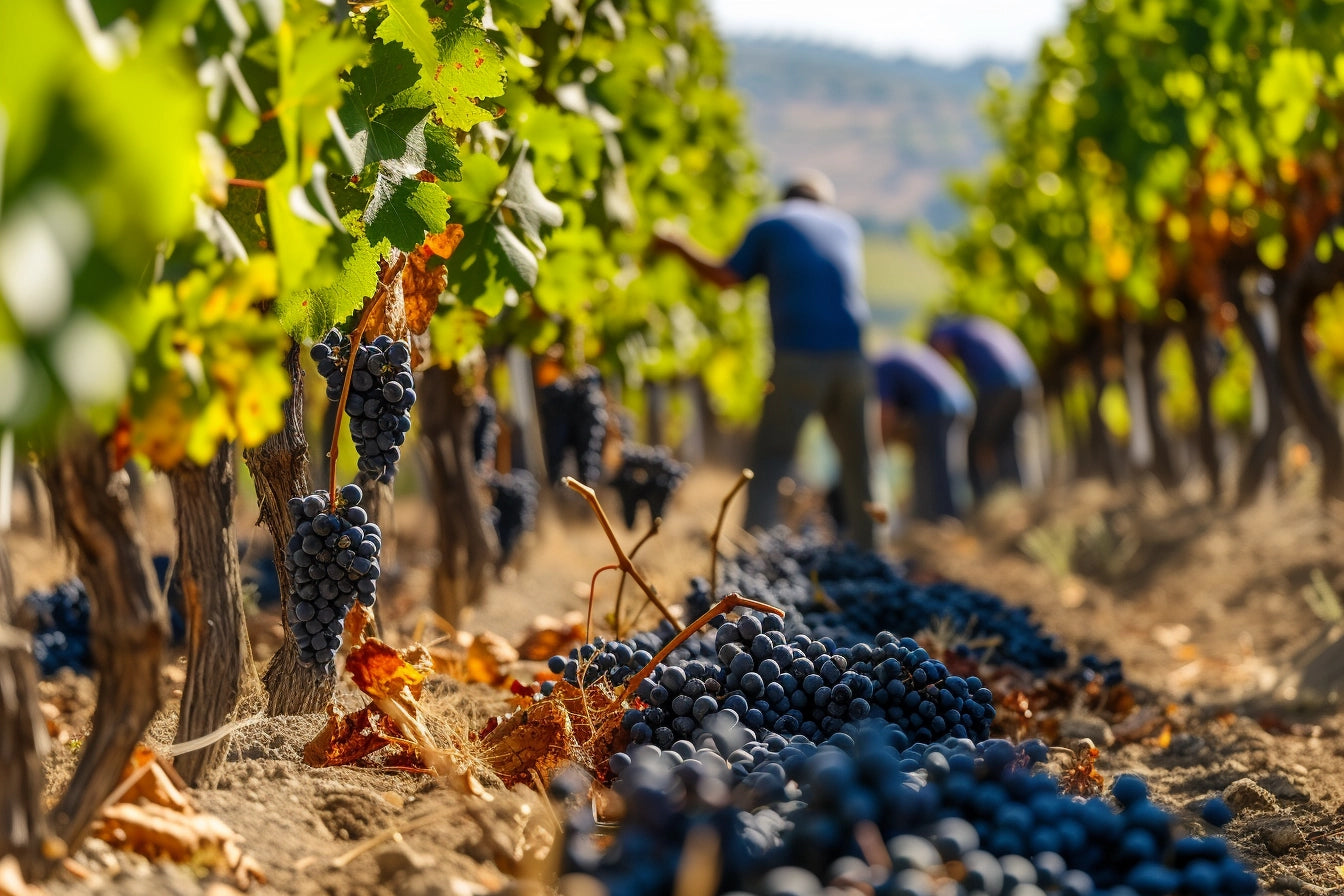Choosing the right wine for aging involves understanding which wines develop and improve over time. Not all wines are made for long-term storage; many are best enjoyed young and fresh.
Here's an overview of the types of wines that are best suited for aging:
1. Red wines with high acidity and tannins
-
Examples: Bordeaux, Barolo, Brunello di Montalcino, Rioja Gran Reserva.
- Why age them? High tannin levels act as a natural preservative, while acidity maintains freshness. Over time, these wines evolve, developing complex flavors of dried fruit, leather, and spices.
2. White wines with high acidity
-
Examples: Riesling (especially from Germany), white Burgundy (Chardonnay), Chenin Blanc.
- Why age them? Acidity provides a structure that keeps the wine vibrant for many years. Aged white wines often develop honeyed notes, nuttiness, and a deeper complexity.
3. Sweet wines
-
Examples: Sauternes, Tokaji, German Auslese or Trockenbeerenauslese.
- Why age them? The sugar content in these wines acts as a natural preservative. With time, they develop aromas of dried fruits, caramel, and exotic spices.
4. Sparkling wines (high-quality Champagne)
-
Examples: Vintage Champagne.
- Why age them? Vintage Champagnes have a structure and complexity that age beautifully over decades, gaining deeper, bread-like, and nutty flavors with time.
5. Fortified wines
-
Examples: Port, Madeira, Sherry (Amontillado or Oloroso).
- Why age them? The high alcohol content and, in some cases, sugar make these wines extremely durable. Madeira, for instance, is known to age for over 100 years.
Tips for Proper Wine Storage
-
Temperature: Keep wine cool (about 10–15°C / 50–59°F) and stable, avoiding significant fluctuations.
-
Humidity: Maintain 50–70% humidity to prevent corks from drying out.
-
Light: Store wine in a dark place, as UV light can degrade its flavor and structure.
- Position: Lay bottles horizontally to keep the cork moist.
If you're unsure whether a wine is suitable for aging, ask for guidance when purchasing or look for wines with a recognized aging potential. With the right choice, a well-stored bottle can become an extraordinary tasting experience many decades later!


